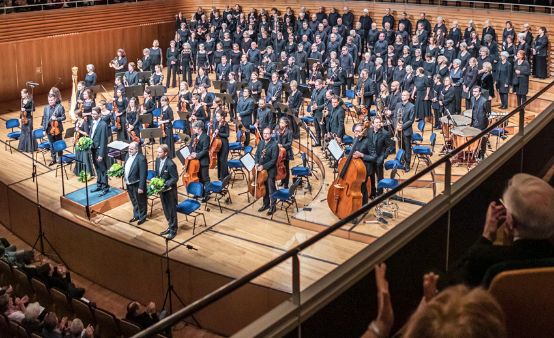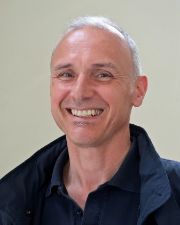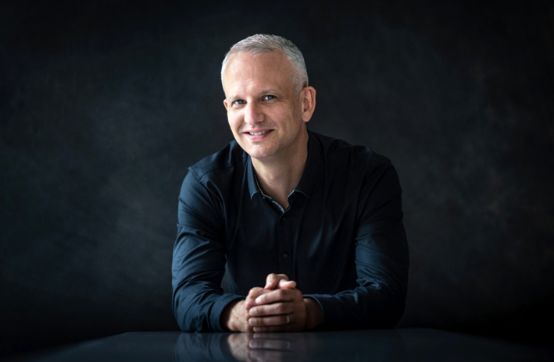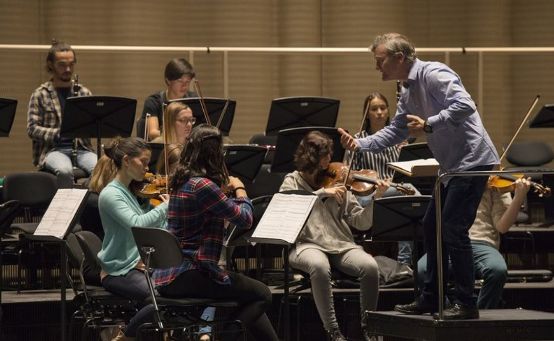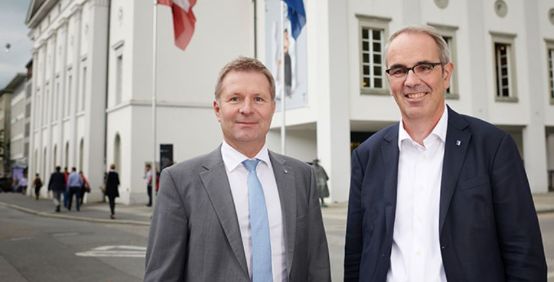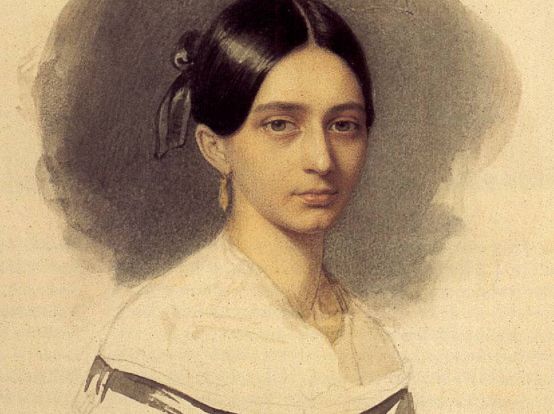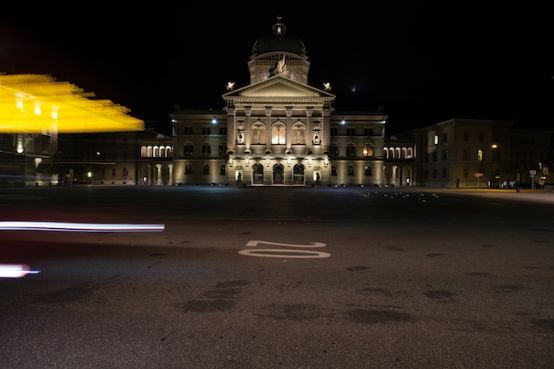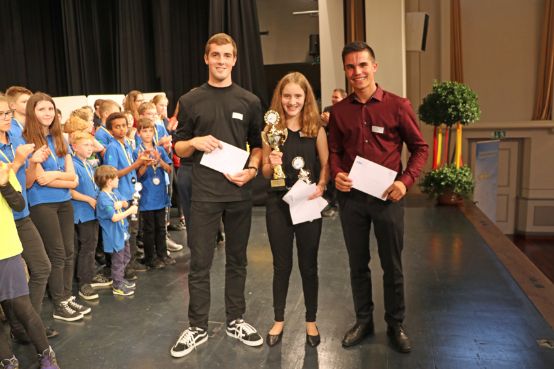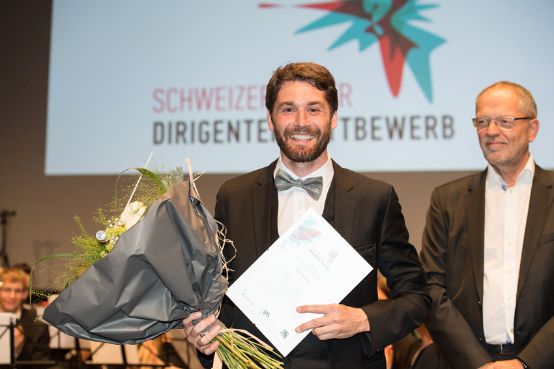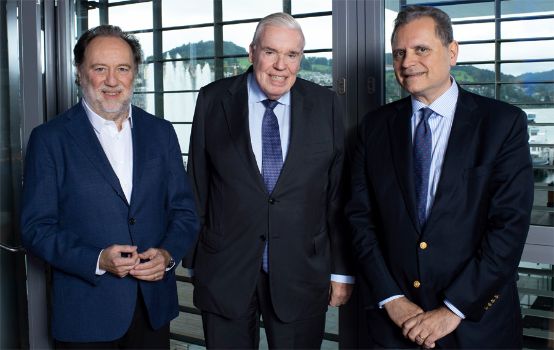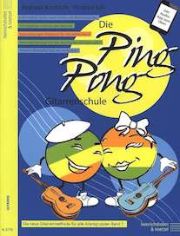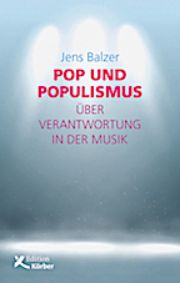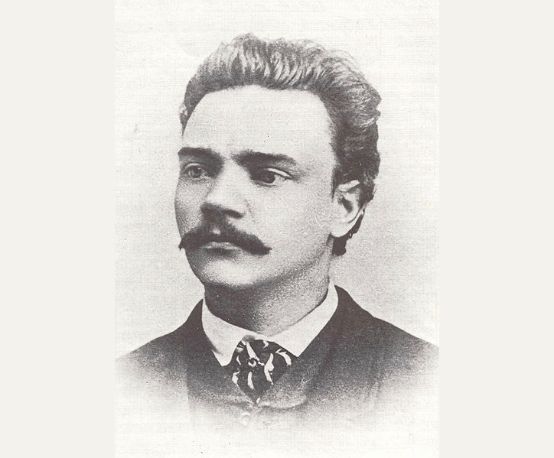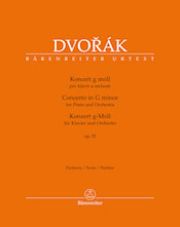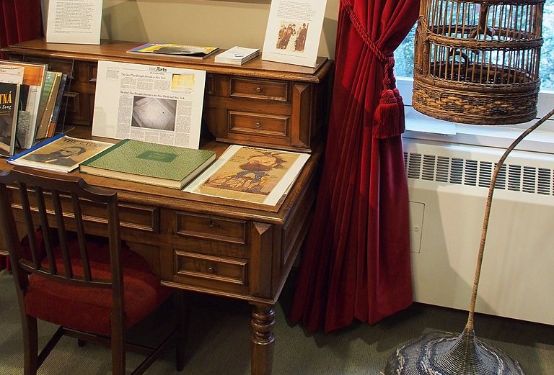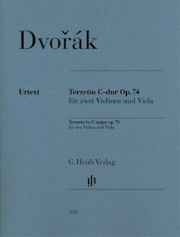Strebi Prizes awarded at the HSLU-M
A total of 165 Bachelor's and Master's degrees were awarded at this year's graduation ceremony at the Lucerne School of Music. 17 people completed their further education. Nadia Zobrist from Oberdiessbach and Samuel Cueni from Brislach were awarded the Strebi Memorial Prize as Bachelor graduates.
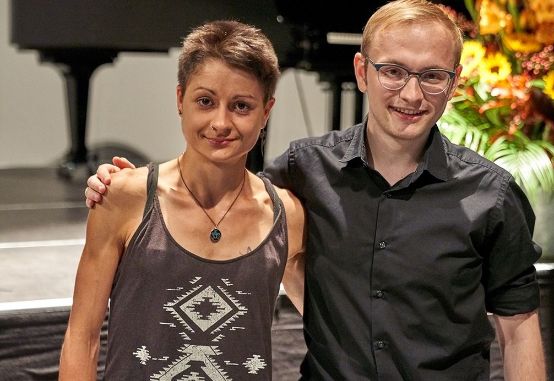
In the Bachelor of Arts in Music program, 56 graduates received their diplomas, 40 of them in the Classical profile and 16 in the Jazz profile. A total of 57 diplomas were awarded in the Master of Arts in Music program, most of them in the classical performance profile (24).
In the Master of Arts in Music Education, 43 graduates gained their professional qualification for teaching at music schools or secondary schools, with the highest number of diplomas in the classical music profile (31). In addition, 17 professionals completed their further training with a Diploma of Advanced Studies (DAS) or a Certificate of Advanced Studies (CAS). The Strebi Foundation prizes of CHF 2,000 each for particularly outstanding Bachelor graduates went to Nadia Zobrist and Samuel Cueni.
According to the press release, saxophonist Nadia Zobrist (Profil Jazz) performed "the carte blanche part of the exam played in the elevator with great improvisational power and differentiated sound work". Another musical highlight was the free improvisation with pianist Christoph Baumann. Samuel Cueni (Profil Klassik) is "clearly an artist who puts the music, not himself, in the foreground".






